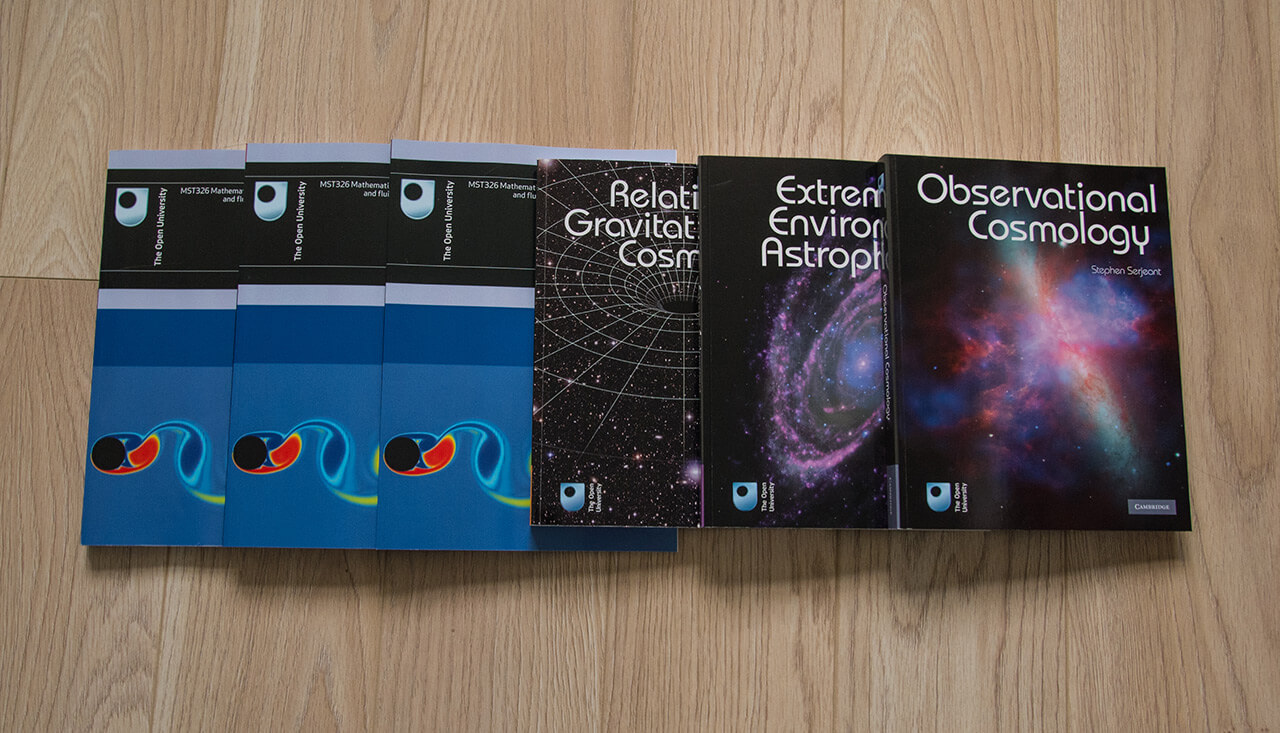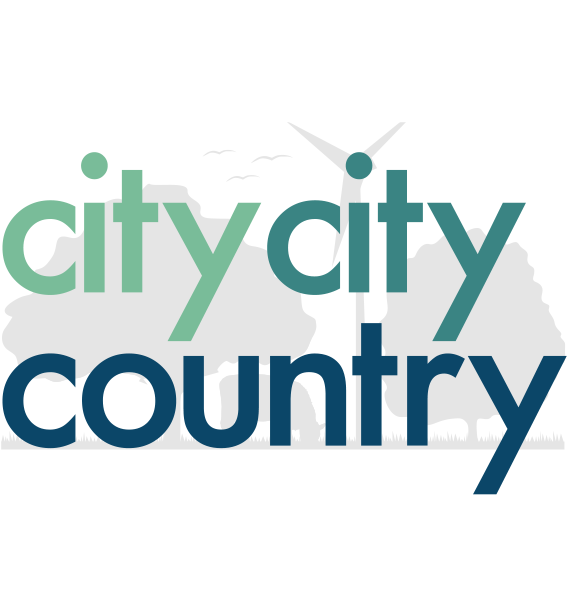
I’ve been studying a degree with the Open University for 7 years now. I still can’t quite comprehend the magnitude of that commitment.
In 2011 I was obsessed with watching nature and science documentaries, especially those relating to Space. I was single, I lived alone and I was bored. My solution was to take a 30 credit Open University course advertised at the end of a nature documentary. 3 weeks into the material I was hooked and had signed up to start a BSc in Environmental Science that September.
Year 1 went well, but I had this niggling feeling throughout that biology wasn’t for me. I didn’t enjoy Latin or cell chemistry; I kept dreaming about the Astrophysics module material awaiting at level 3. It sounded fascinating, but a long way off. I’d read more Hawking, Feynman and Greene than you could shake a stick at but I understood next to nothing. How could I possibly do physics with my non existent maths skills? My lowest grade at GCSE was in physics; I passed maths and did well but dropped it the second I could. It just didn’t seem like the degree option for me.
I spoke with a careers advisor and did a lot of research. The BSc in Natural Sciences with a Astrophysics lean seemed fascinating, but so did the BSc (Hons) Maths and Physics. I had a few friends studying the Natural Sciences course that were a little further ahead than me so I felt safe that this route would be viable. I didn’t know anyone on the maths pathway, but my careers advisor suggested that if I was serious about working for the European Space Agency (or a similar organisation), I would be a significantly stronger candidate with the maths on my side.
I was petrified and almost certain that I wasn’t capable of calculations at that level, but I decided I had nothing to lose by giving it a go. Low and behold, 7 years later it is the maths modules that I’m best at. I’ve found a sort of peace with the repetitive patterns of calculus as it would appear they work well with my slightly obsessive compulsive nature. I still spend weeks on the problems I don’t understand, and I’ve given up on concepts for years before reaching a penny drop moment, but overall my topic can be quite compelling. I’m finally able to see beauty in the way a lot of mathematics fits together.
I think its important that I note, this is certainly not a feeling I had the privilege of experiencing at an early stage. Repetition and practice are essential if the subject isn’t second nature to you, and it has taken me at least 5 years to construct a toolkit that enables me to solve most problems I am now asked to confront.
The biggest learning I have had is that both topics require a huge amount groundwork. That level 3 course I’d been dreaming of since the start arrived last year, 6 years into the degree. It took what felt like an eternity to get there; past the Newtonian physics and book after book of what seemed like pointless calculus. The payoff has been huge though. Last year I was remotely accessing a telescope in Tenerife to report on the behaviour of a little known binary star system. This year I am researching cutting edge Observational Cosmology. I’m discovering facts about the universe that only the smallest proportion of the world’s population can appreciate, and the subject is moving so quickly that the material I read is out of date almost immediately.
Throughout the degree, I have worked full time in the London advertising industry. It is a fast paced, high stress, long houred, unforgiving career. I used to fit my 18 hours a week study into every spare second I could find; on my commute, in my lunch break (if I could manage to hide somewhere undisturbed) and of an evening. My weekends were dedicated to studying, and I’d still struggle to keep pace. It became clear a little while ago that running a department alongside this much studying wasn’t doing my mental health any favours, so I had to take some time to reevaluate my priorities. I was lucky enough to alter my working hours, and I reassessed my study time. I can’t study around work anymore, and I study much less than I used to overall; but I find the time I do spend working to be more valuable. I know my maximum deep focus brain time is 4 hours per day and pushing myself more than that won’t produce valuable results.
Signing up to study under conditions like these is not a decision that should be taken lightly. At the end of most days I am mentally exhausted from the daily ad agency chaos, even with my new schedule. Many years into the degree, I still miss tutorials that I had hoped to attend as I can’t fit anything more into my brain. I watch recorded tutorials in my own time and they certainly help solidify concepts, but remote studying requires a lot of self motivation and it can be a very lonely affair. I feel guilty if I take a day off studying to see family or friends, as I know I will be playing catch-up with the course later. I can’t remember the last time I went on holiday without a text book, or sat on the sofa and read a novel (outside of the summer holidays).
So my reason for writing the article comes back around. Should you do it? I won’t lie to you, it is probably the most difficult thing I’ve done in my life. Yes the content can be really tough, but fitting it in around full-time work has been the bigger challenge. Motivating yourself to put in the hours is hard. Cancelling commitments with friends over and over to sit at a desk and force yourself through that nightmare set of equations again and again until you get the right answer isn’t everyone’s idea of fun. But the rewards are utterly incomparable. I’ve learnt things about myself I’d never considered. I have a drive and dedication to succeed at this more than any other thing in life. I’ve found a passion for maths, and an ability to manage and optimise my time incredibly efficiently.
I’ve learnt concepts at the cutting edge of human understanding, and played with more expensive scientific ‘toys’ than most people get to in a lifetime. I’ve received support from some of the most skilled tutors and careers advisors in the business.
If you’re prepared for all this, and willing to put in the time and effort required to complete a degree with the OU. My advice is to go ahead and do it. You’ll learn things about yourself that you never thought were possible.
